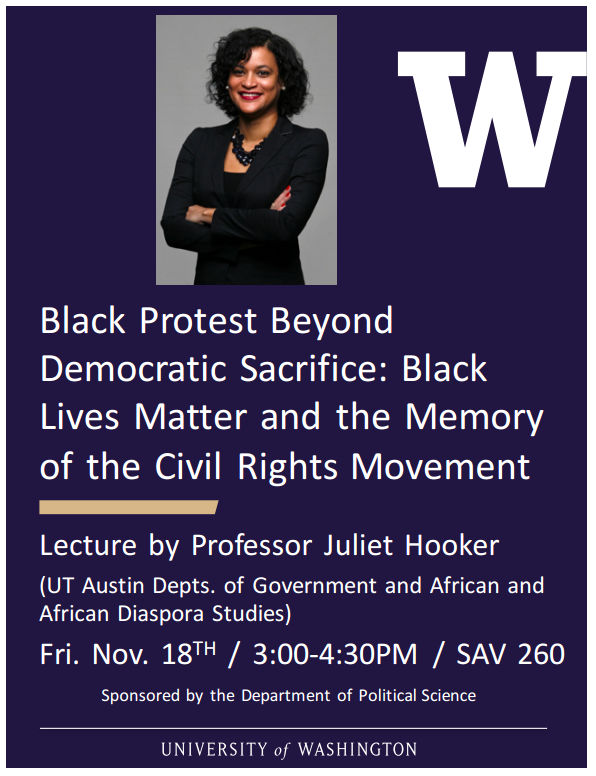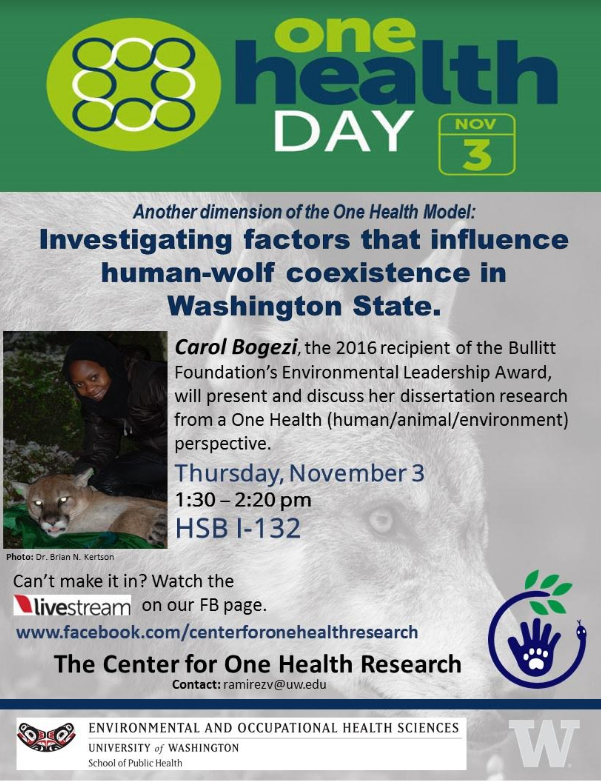ESRM 321, Finance & Accounting From a Sustainability Perspective
5 credits | NW and I&S
Course Website: https://canvas.uw.edu/courses/1099326/assignments/syllabus
This is an online course (except for two mandatory in-person exam on 2.7 and 3.9, 4:30-6:50 pm, in 223 Anderson Hall)
Overview: In ESRM 321, we explore two of the four primary business dimensions: finance and accounting (* companion course ESRM 320 explores marketing and management). Finance refers to the flows and uses of money among individuals, businesses, non-profit organizations, and governments and associated processes, institutions, and markets. Accounting involves recording, classifying, summarizing, and interpreting business transactions to provide management and stakeholders with information about a company’s performance, liquidity, growth, value, etc. We also explore sustainability, which refers to integrating environmental, social, and financial elements in order to meet the needs of people today without compromising Earth’s capacity to provide for future generations. Integrating these three is called the triple bottom line. In business, the bottom line refers to net income or profits because it is the last (i.e., bottom) line in a company’s income statement; profits are essential because a business is unsustainable without them. Sustaining the planet over the long term depends not on one but all three bottom lines. We will explore the meaning and importance of sustainable business practices that respect and adhere to best environmental science methods and ethical social responsibility standards. The context for this exploration will be assessing data in corporate sustainability reports. Companies that trade on U.S. stock exchanges are required by law to report financial performance, but no laws exist for reporting social responsibility and environmental performance. However, in response to stakeholders many corporations voluntarily issue annual sustainability reports that provide information on the company’s environmental and social responsibility practices and performance.
Course Goals: ESRM 321 has two goals: to provide a context for 1) learning business concepts (through watching the recorded business lectures and reading the introduction to business textbook) AND 2) hands on experience assessing corporate sustainability performance (using sustainability report information). The business learning objectives below in bold are achieved through listening to the recorded business lectures and reading the Nickels textbook while the sustainability learning objectives underlined below are achieved through assessing GRI indicators using sustainability report information.
Learning Objectives:
* Companion course ESRM 320 (Marketing & Management From a Sustainability Perspective) is offered spring, summer, and fall quarters.





